North Korea issue at a stalemate?
(Baonghean.vn) - The US has put North Korea back on the blacklist of "states supporting terrorism". At first glance, the Trump administration seems to have many options to deal with North Korea, but when analyzed carefully, the US actually has fewer options than what is being shown.
US blacklists North Korea again
Earlier this week, US President Donald Trump announced that North Korea would be added to the blacklist of “states supporting terrorism”. This decision by President Trump came after a 12-day trip to Asia, including South Korea, by the head of the White House. This is seen as a move to increase pressure on the Pyongyang government, which was removed from the list by the US in 2008.
According to Mr. Trump, the decision is to pave the way for “new sanctions” against “North Korea or those associated with this country.” “In addition to threatening the world with nuclear missiles, North Korea has repeatedly supported acts of international terrorism, including assassinations abroad,” President Trump said in Washington on November 20.
Mr Trump specifically mentioned the February nerve agent murder of Kim Jong-nam, the half-brother of North Korean leader Kim Jong-un, in Malaysia. North Korea is suspected of being behind the assassination.
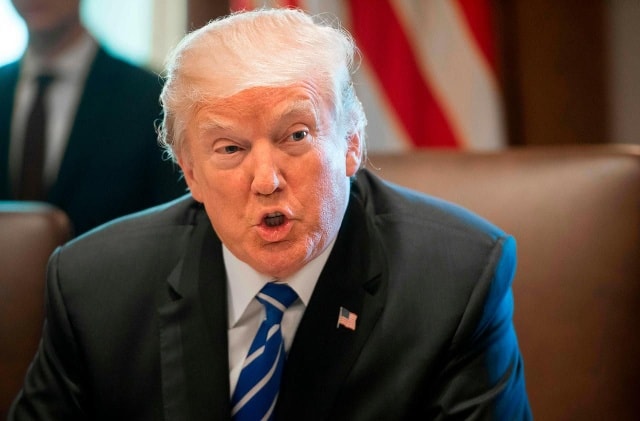 |
| President Donald Trump has blacklisted North Korea as a “state sponsor of terrorism.” Photo: AFP |
The US president also discussed the case of American student Otto Warmbier, who was detained by Pyongyang and died in June 2017 after being released by Pyongyang. The US Treasury Department will announce new tough measures at the highest level against North Korea on November 21.
Not only North Korea, countries such as Iran, Syria and Sudan are also on the list of “states supporting terrorism”. North Korea was on this list from 1988 to 2008 because of its participation in the bombing of a South Korean airliner that killed 115 people in 1987.
In 2008, the George W. Bush administration removed North Korea from the blacklist to promote nuclear negotiations. However, the nuclear negotiations later failed.
Despite his tough talk, US Secretary of State Rex Tillerson insisted that the US had “always hoped for diplomacy” to resolve the crisis with North Korea. “Overall,” the sanctions that have been put in place “have had a significant impact on North Korea,” Tillerson told reporters. He hoped that the current “calm period” (the period in which North Korea has not fired missiles or tested nuclear weapons since September 15) would continue.
Sanctions only empower North Korea
Yonhap news agency quoted North Korean media as saying that on November 21, leader Kim Jong-un visited the Sungri automobile manufacturing complex and emphasized the role of the automobile manufacturing sector in boosting the country's economy. Kim Jong-un's visit took place amid pressure from UN sanctions weighing on North Korea and most recently President Trump's statement.
“The desperate efforts to stop the progress of the DPRK only made the indomitable spirit of the DPRK working class stronger, creating a miracle that startled the whole world,” said Kim Jong-un.
The North Korean leader said the new 5-ton trucks produced at the Dokchon complex in South Pyongan are clear evidence that the country can produce trucks on its own, serving the development of the economy and strengthening national power.
Regarding Washington's announcement to put the country on the list of "states supporting terrorism", up to now, Pyongyang has not given any official response.
In reality, the US has very few options with North Korea.
Those are the comments made by political scientist Cheong Seong Chang, a North Korea expert at Seoul's Sejong Institute, after analyzing Mr. Trump's recent actions with North Korea.
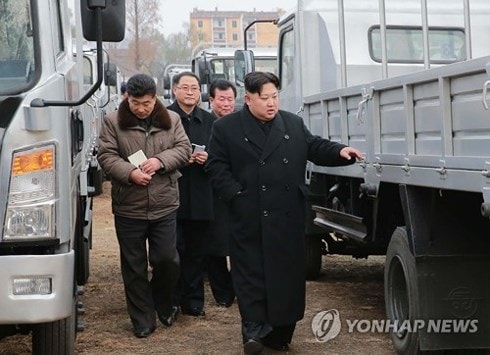 |
| Mr. Kim Jong Un visited the Sungri automobile manufacturing complex on November 21. Photo: Yonhap |
Mr. Trump once reminded that “all options are on the table” with North Korea, including military action. Of course, this is a completely unrealistic approach. Indeed, if Mr. Trump decided, the United States could eliminate Kim Jong-un and almost all of North Korea’s military leaders immediately with the technology that the United States possesses. However, the United States would not be able to control the situation afterward, as it faced in Iraq after removing Saddam Hussein or in Libya after removing Muammar Gaddafi.
North Korea has conducted six nuclear tests so far. Mr. Chang said Kim Jong-un will continue to test long-range missiles and will not stop there. The United States may try to shoot down North Korean missiles one day, but they cannot go any further. In fact, the United States has few options, Mr. Chang said.
What North Korea fears most right now is not the United States, but China. So far, China has resisted cutting off crude oil supplies to North Korea. But if Beijing decides to do so, Pyongyang will be forced to change its policies.
In recent months, there have been some changes from China, which has agreed to limit the number of North Korean citizens in the country and also cut oil exports to its ally for the first time. For North Korea, oil is considered a lifeline for the military, which does not have much oil reserves. If China were to cut off oil supplies to North Korea, the military would be most affected, and that would directly affect Kim Jong-un's power.
Of course, looking back at history, Beijing will not be able to give up Pyongyang, but there will be slow and gradual change. And perhaps in the meantime, the relationship between North Korea and the US will remain complicated and gloomy.
Chu Thanh
(According to Le Monde)
| RELATED NEWS |
|---|

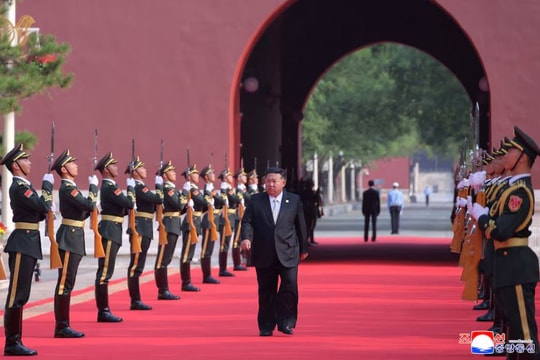
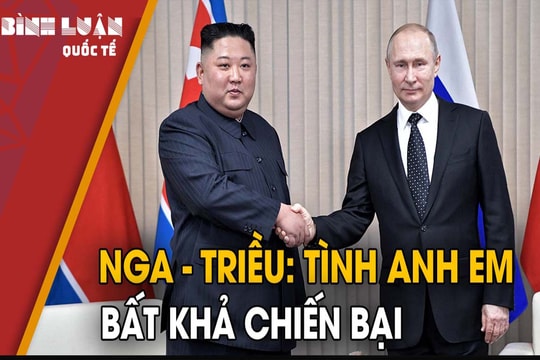
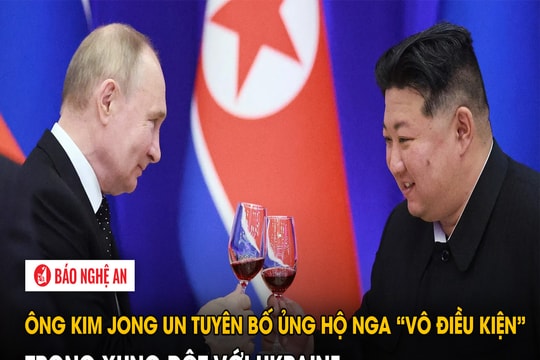
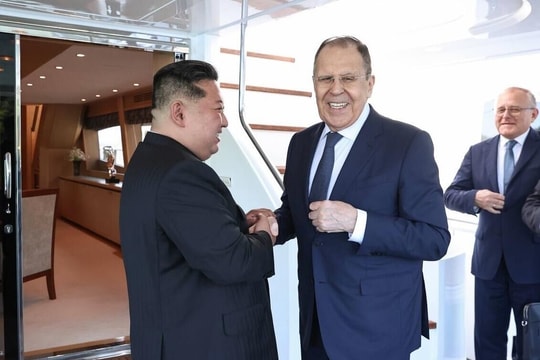
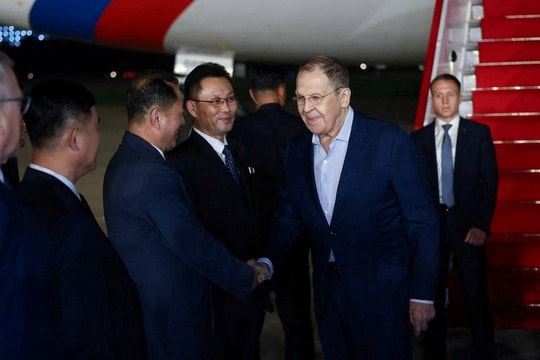
.jpg)

